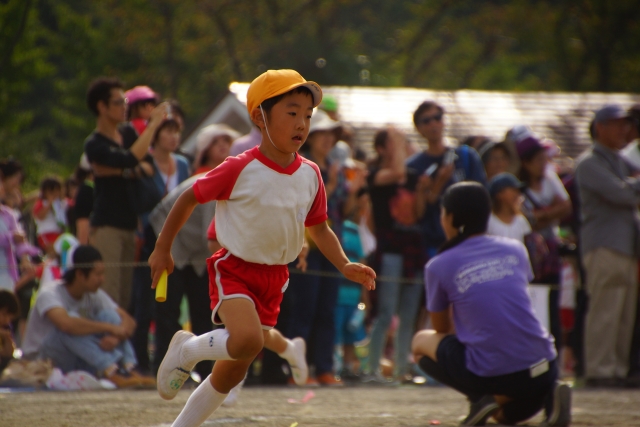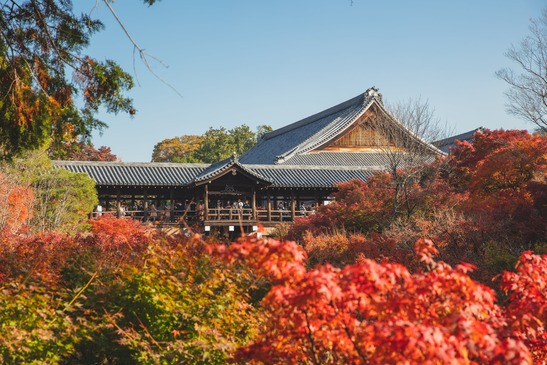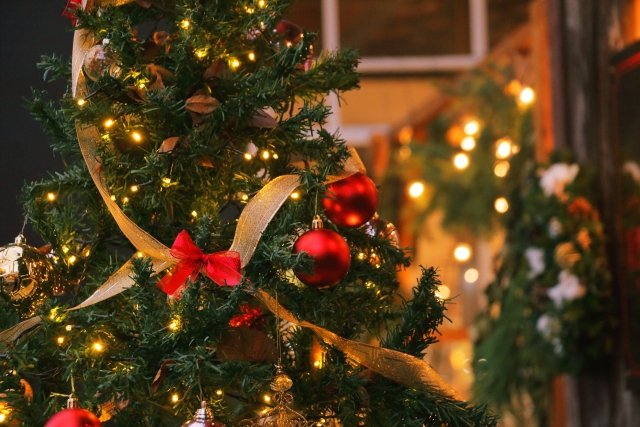As the year draws to a close, Japan’s autumn colors give way to winter customs that prepare people both spiritually and practically for the New Year. From athletic events and children’s milestones to festive occasions and year-end rituals, the last three months of the year hold a special blend of tradition and modern life.
冬(October – December)
In the framework of Japan’s 24 solar terms (Nijūshi-sekki), October to December represents “winter.” (For Japan’s 24 solar terms (Nijūshi-sekki),please refer to “Japanese Annual Events: A Year of Traditions and Celebrations”)
Yet, in the Western sense, October is often still part of autumn. This reflects the unique way Japan views the progression of the seasons. In this article, we look at the festivals and celebrations held from October to December, marking the year’s closing traditions.
October
October – Sports Day (Undō no Hi)

Sports Day is a national holiday originally established on October 10, 1966, to commemorate the opening ceremony of the 1964 Tokyo Olympic Games. Since 2000, it has been observed on the second Sunday of October. On this day, local governments, schools, and community groups organize athletic meets and health-related events to promote fitness, teamwork, and community spirit.
November
November – Autumn Leaves (Kōyō)

From late October to early December, Japan’s mountains and gardens are transformed into vivid shades of red, yellow, and orange. This seasonal highlight, known as Kōyō, is cherished much like cherry blossoms in spring. Travelers flock to famous viewing spots such as Kyoto, Nikkō, and the Japanese Alps, where the colorful landscapes are celebrated through hiking, photography, and leisurely strolls.
Shichi-Go-San (November 15)

celebrating Shichi-Go-San
Shichi-Go-San, literally meaning “Seven-Five-Three,” is a traditional rite of passage for children aged three, five, and seven. Families visit Shinto shrines or Buddhist temples, offering prayers for their children’s growth, health, and future happiness. On this day, children often wear formal kimono, and families take commemorative photos to mark the occasion.
👉 More details: Prayer and Celebration for Children in Japan
December
December – Winter Solstice (Tōji, around December 22)
The winter solstice is associated with both religious rituals and household customs. In temples of esoteric Buddhism, a ceremony called Hoshi Kuyō is held to pray for good health and protection from illness. In homes, many people take a warm bath with yuzu (citron), called Yuzu-yu, believed to ward off colds and bring vitality for the winter season.
Christmas in Japan (December 24–25)

as a seasonal event
Though Christianity was introduced in the 16th century and later banned, it re-emerged in Japan during the late 19th century. Christmas became a widely celebrated cultural event in modern Japan after the introduction of the Christmas Cake in 1910. Today, Christmas is more festive than religious: families enjoy cake and fried chicken, shops overflow with seasonal goods, and young couples often spend a romantic evening together.
Shigoto-osame (December 30)
Shigoto-osame, or “Ending the Work,” marks the final business day of the year. Companies hold short meetings to reflect on achievements and refresh their goals for the coming year. At the Tokyo Stock Exchange, a ceremonial closing event is held, symbolizing the conclusion of Japan’s financial year.
Ōsōji (December 31)
On the last day of December, households carry out Ōsōji, meaning “big cleaning.” Families thoroughly clean their homes to welcome the New Year in a purified environment. This ritual is believed to sweep away misfortune and invite good fortune. At temples and shrines, a similar practice called Susuharai is performed, where monks and priests clean statues, altars, and sacred halls.
Overview of Anual Events and Details of Other Seasons
Please find the overview of anual events and details of events in each seasons at following posts.
- Japanese Annual Events: A Year of Traditions and Celebrations
- Spring in Japan: January to March – Festivals and Traditions
- Summer in Japan: April to June – Traditions and Observances
- Autumn in Japan: July to September – Traditions and Memories
Share Your Thoughts
Have you experienced something similar in your own culture?
Your reflections are welcome.
💬 Jump to the comment section





Share Your Experience of Japan